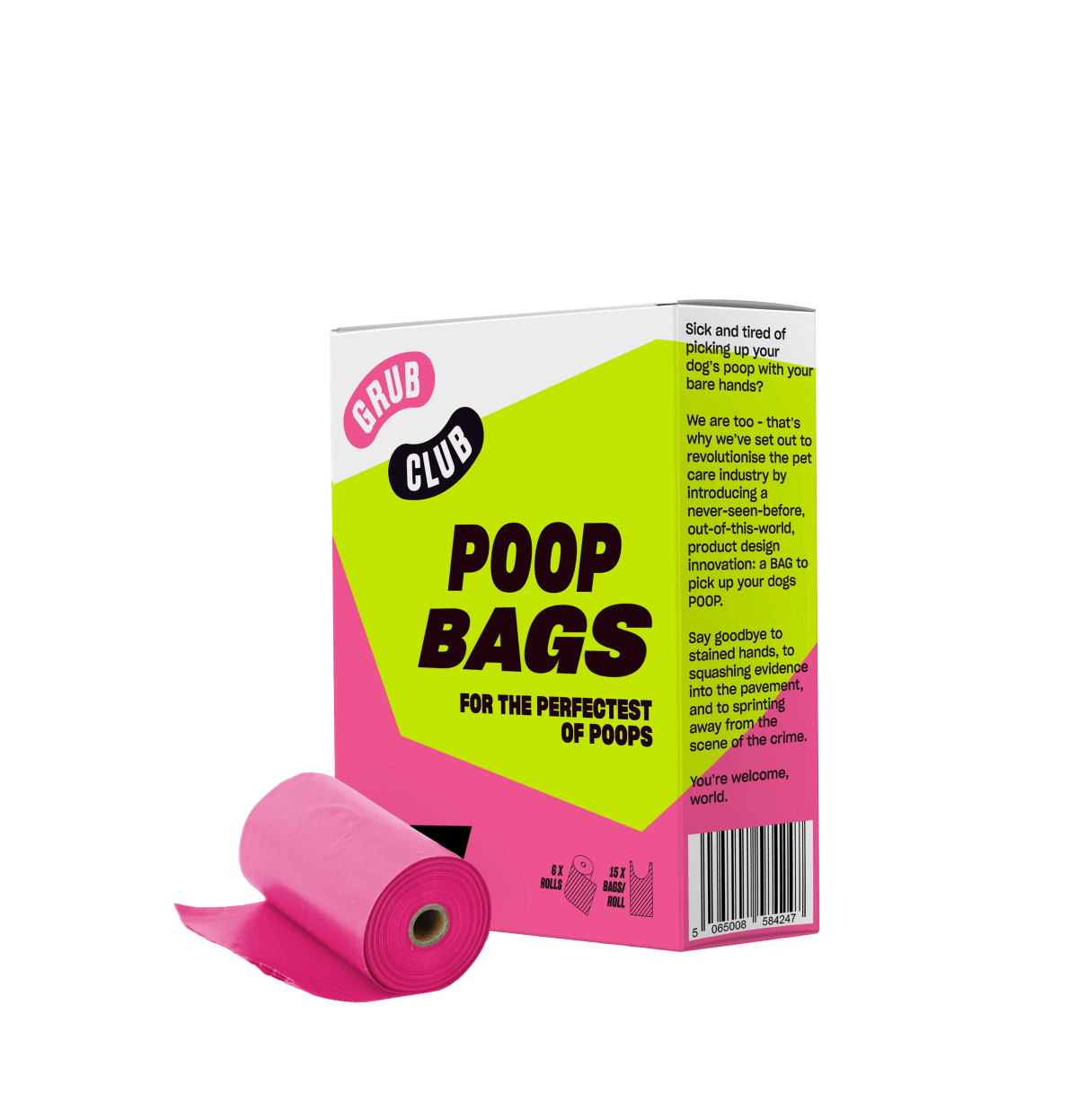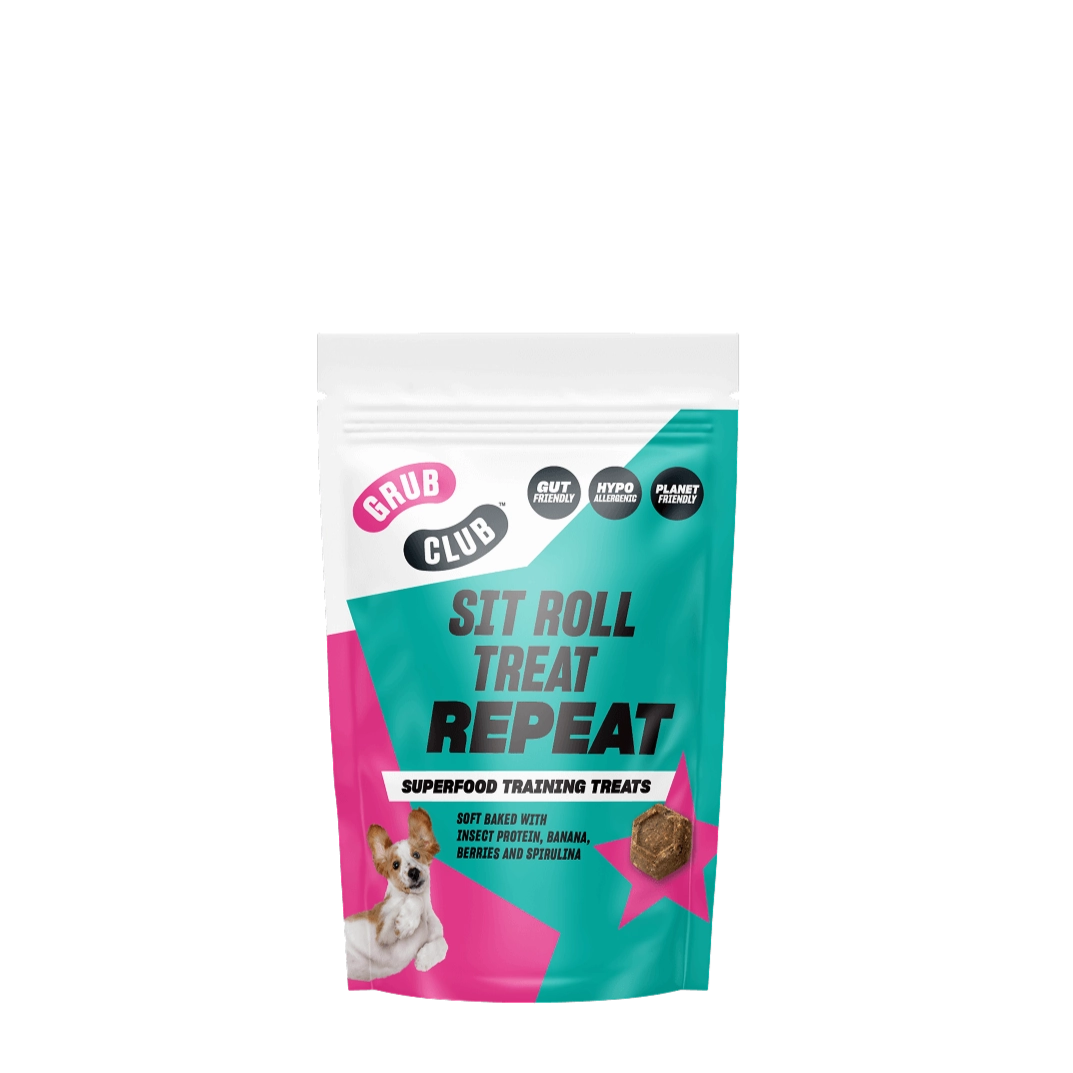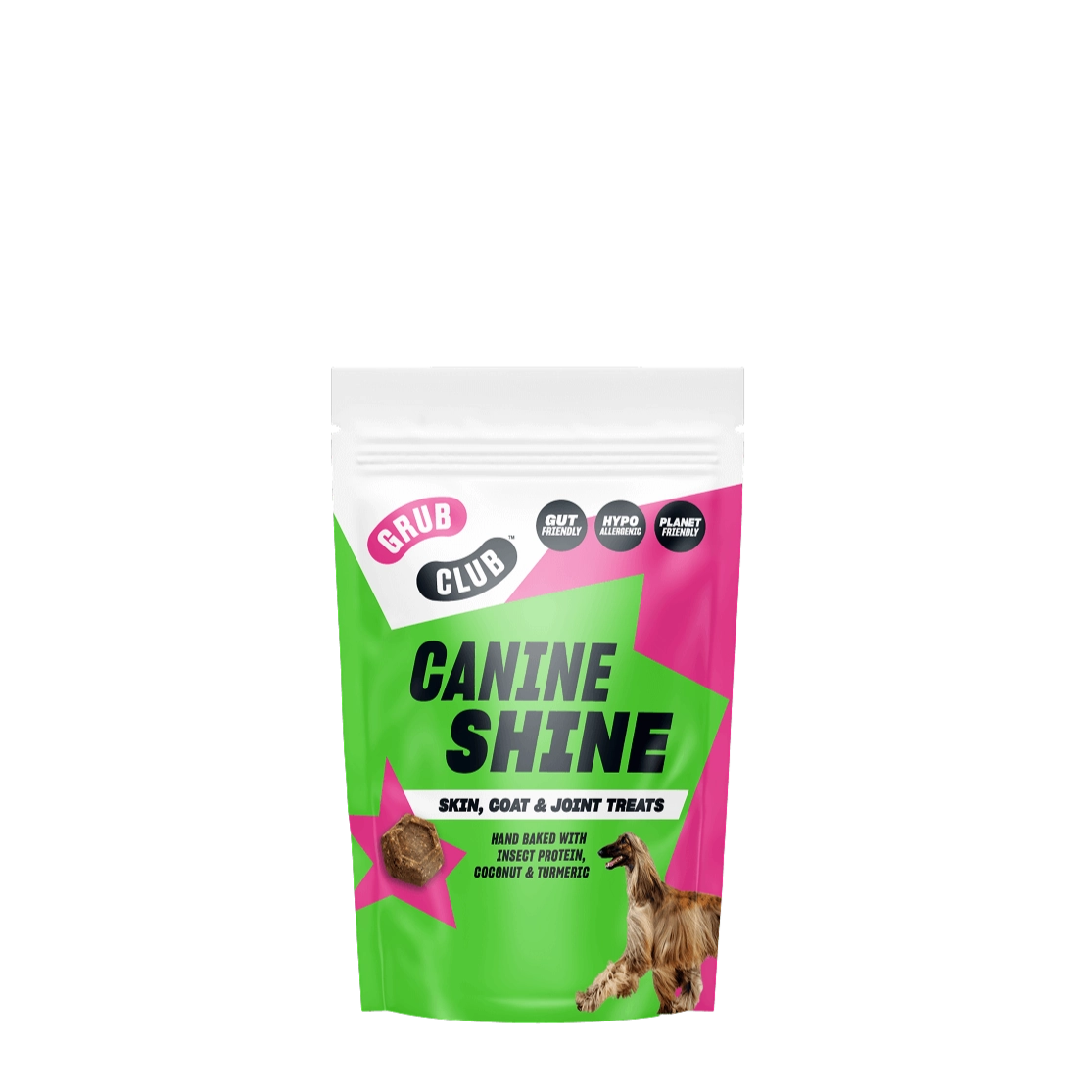PEANUT PAWS
Peanut Butter Bar
1 Bar
FREE UK Delivery on orders above £49.
You have £0.00 in your cart, spend £49.00 more and get free shipping.
1 Bar
72 Bags
1 Pack
1 Pack
1 Pack
Or continue without a name
CheckoutLeishmaniasis is a parasitic disease that affects not only humans but also our four-legged companions. In this comprehensive guide, we will delve into the intricacies of leishmaniasis in dogs, shedding light on its causes, symptoms, treatment, and prevention. As responsible pet owners, it's crucial to be well-informed about this potentially serious condition that can impact the health and well-being of our beloved canine friends.
Leishmaniasis is a parasitic disease caused by the Leishmania parasite, which is transmitted to dogs through the bite of infected sandflies. Once a dog is then infected, the parasite can affect various organs such as the skin, spleen, liver, and bone marrow.
This condition is prevalent in various parts of the world, including Southern Europe, Asia, Africa, and South America. However, here in the UK, Leishmaniasis is not endemic as we do not have sandflies that can transmit this disease in natural circumstances. The only way we tend to see this occurring is after a dog has travelled or been rescued from abroad, they've been bitten by an infected dog or via blood or semen.

Identifying the early symptoms of leishmaniasis is crucial for early intervention and effective veterinary treatment. Common signs you may see include:
If you see any of the above symptoms it is essential that you get your dog to a vet as soon as possible. They will proceed with:
Purines are natural substances that contribute to the formation of DNA and RNA. It is naturally present in various foods, including meats, seafood, legumes and some vegetables. When dogs consume foods containing purine, their bodies break it down into uric acid. Whilst purines in low doses are essential for normal cellular function, excessive intake can be problematic, especially for dogs with leishmaniasis.

Certain dog foods contain higher levels of purines than others which can potentially exacerbate the symptoms of leishmaniasis and lead to the formation of kidney and bladder stones.
As a dog owner, it is important to be aware of the purine content in your pet’s diet. If your dog food lists any of the following ingredients you may want to look at the values it contains:
Crafting a suitable diet for dogs with leishmaniasis involves a balanced approach. Your best option would be to look for a complete dog food that is low in purine, contains lean proteins and is grain-free.
Our All-day Buffet is a perfect example of this. Made using insect-based protein which is naturally low in purine, apple, blueberries, linseed, sweet potato, yucca and prebiotics our tasty kibble is hypoallergenic, vitamin-rich, packed with antioxidants and digestive-boosting goodness.

Leishmaniasis in dogs requires careful attention both medically and dietary with early detection and proper management being key in significantly improving the quality of life of your beloved pet.





